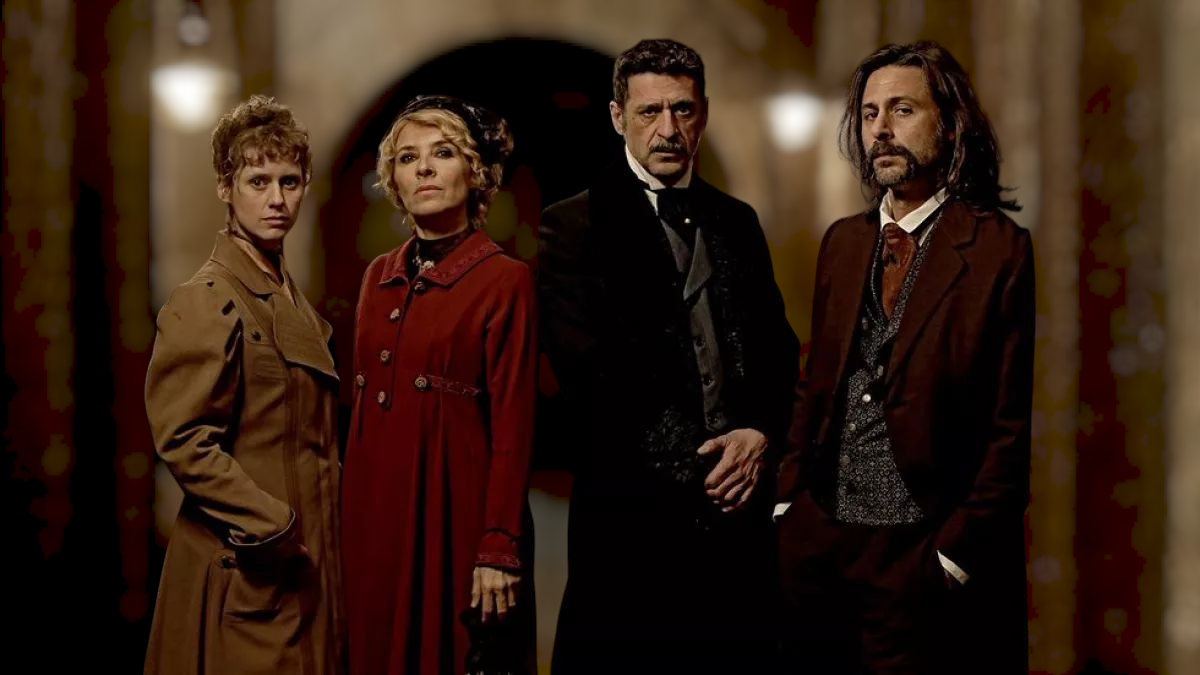The BBC, long regarded as one of the world’s most respected public broadcasters, is now at the center of growing criticism — this time over its drama programming. Critics from across the political spectrum have accused the BBC of pushing a liberal-elite agenda through its dramas, sparking a heated public debate about media bias, representation, and the broadcaster’s role in shaping cultural narratives.
What’s the Controversy About?
The criticism centers around claims that BBC dramas increasingly reflect the worldview of the urban liberal elite — prioritizing themes like identity politics, climate activism, and social justice over broader storytelling that appeals to a diverse national audience.
Dramas like Doctor Who, Years and Years, The Capture, and Bodyguard have been singled out by some commentators and viewers for what they see as heavy-handed political messaging. While these shows have earned critical acclaim and strong viewership, detractors argue that they often reflect a narrow ideological lens.
- “BBC drama has become less about storytelling and more about signaling virtue,” said one columnist in a recent op-ed. “It’s out of touch with the values of everyday Britons.”
Public Reactions: Divided Audience
Social media platforms and public forums have become battlegrounds for the debate. Some viewers praise the BBC for embracing progressive themes and addressing issues like racism, LGBTQ+ rights, and climate change. They argue that public service broadcasting should lead on social progress and representation.
Others, however, feel alienated by what they perceive as one-sided storytelling. Conservative commentators and segments of the public claim that traditional values and working-class perspectives are being ignored or mocked in modern BBC dramas.
- “Why do so many BBC shows feel like lectures?” wrote one user on X (formerly Twitter). “I just want good drama without the political sermon.”
What Does the BBC Say?
The BBC has pushed back against these criticisms, defending its editorial independence and programming choices.In a recent statement, a BBC spokesperson said:
- “
We are committed to reflecting the diversity of the UK in our storytelling and providing content that resonates with all audiences. Our dramas are created by a wide range of writers, producers, and directors, each bringing their unique voice to the screen.”
They also emphasized that the BBC is publicly funded and editorially neutral, guided by its Royal Charter to remain impartial and reflect the interests of all segments of society.
The Bigger Picture: Culture Wars and the Media
The debate over BBC drama isn’t just about a few TV shows — it’s part of a broader cultural divide in the UK and beyond. As media becomes more fragmented and ideologically polarized, public broadcasters like the BBC find themselves under intense pressure from both the left and right.The tension reflects wider questions:
- Should media challenge the status quo, or reflect mainstream values?
- Is it possible for public broadcasters to remain truly neutral in a politicized era?
- And who decides what stories are worth telling?
Conclusion: A Drama Beyond the Screen
Whether you believe BBC drama has become “liberal-elite poison” or applaud its efforts to be inclusive and progressive, one thing is clear: the conversation around media bias and cultural representation is not going away.
As audiences demand more diverse perspectives — both traditional and progressive — the BBC will need to navigate carefully to maintain trust and relevance across a changing cultural landscape see more.

